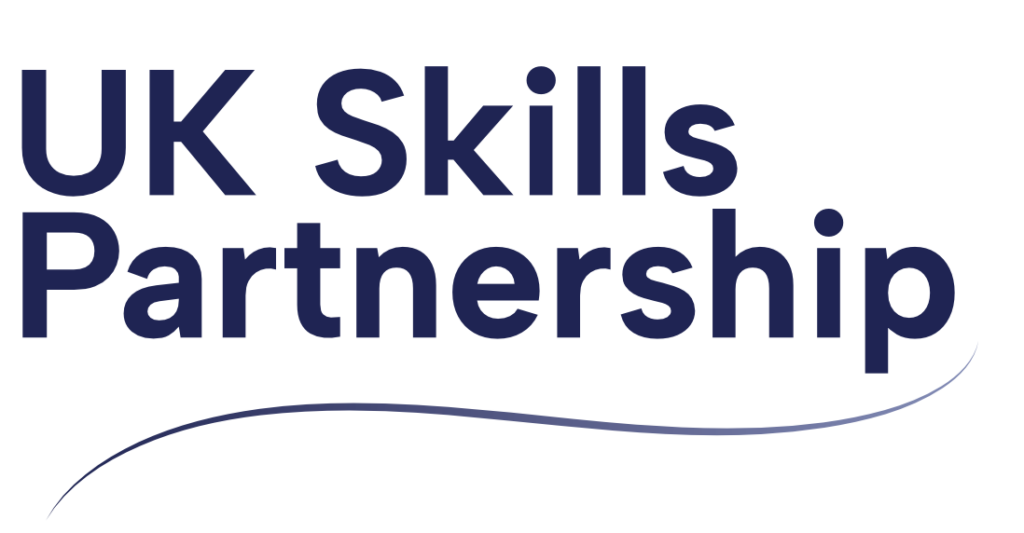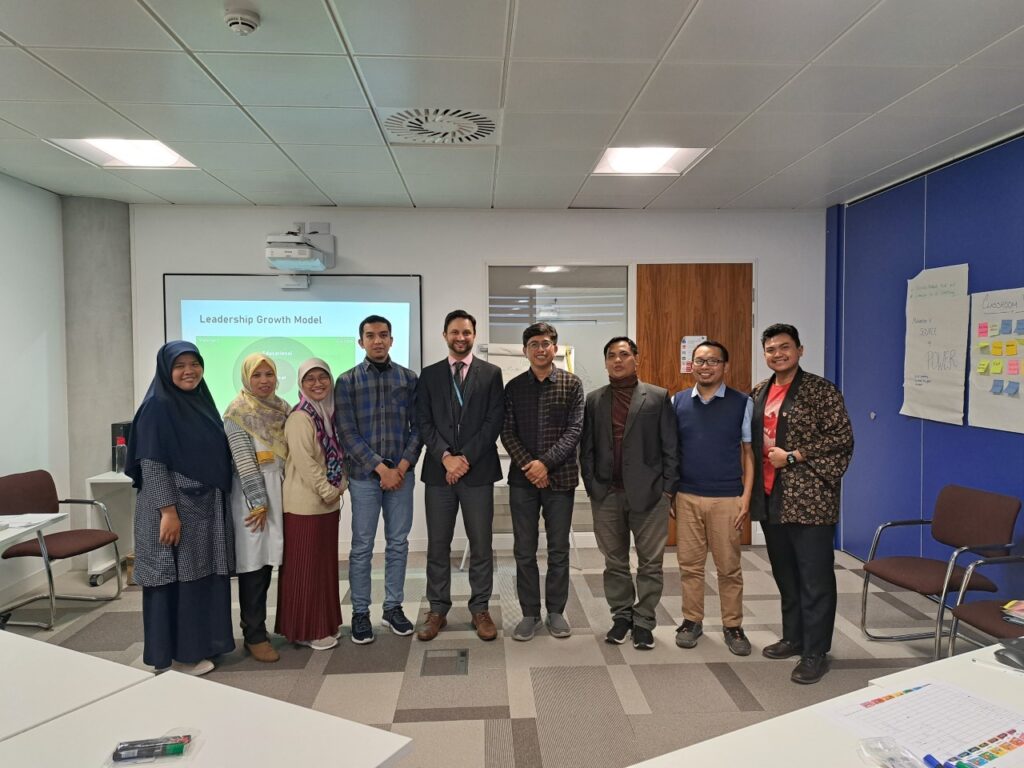
NSAN delivers GAIN programme
In response to the Covid pandemic, National Skills Academy for Nuclear (NSAN) successfully implemented an innovative induction training programme designed to support companies operating in the nuclear industry to continue to provide a comprehensive introduction to the nuclear industry programme for new graduates entering the sector. Since its implementation, the programme now also offers apprentice and sector transitioner versions.
Contact UK Skills Partnership
NSAN is a skills for nuclear focussed membership organisation. We are led by nuclear sector employers, from both civil and defence, to provide valuable, cost-effective and practical skills solutions and guidance to organisations large and small.
These are challenging times being faced by the UK nuclear industry, if you are feeling stretched, you are not alone. Attracting, retaining and developing a productive workforce is key for sustaining business growth, but in demanding times you need to make sure that your people and operations are delivering best value for your organisation in line with your broader business objectives. We can help you!
Find out more about NSAN’s wide range of skills and training services. >>
In the wake of the COVID-19 pandemic, organisations faced challenges in conducting in-person meetings or training programmes due to strict social distancing regulations. Sellafield Ltd contacted NSAN with their concerns about how they could effectively engage and onboard their graduates whilst not compromising the quality of their induction. A solution was needed that could be implemented at short notice and effectively delivered remotely.
The primary objectives of the induction programme were to:
a) Introduce new graduates to the nuclear industry’s unique characteristics, challenges, and safety culture.
b) Provide essential technical knowledge and skills required to work effectively in the nuclear sector.
c) Foster a sense of community and belonging among the new graduates despite the remote nature of the programme.
d) Ensure compliance with COVID-19 restrictions while maintaining a high standard of training.
During the pandemic, NSAN collaborated with Sellafield Ltd to address their challenge of effectively onboarding graduates and apprentices without compromising induction quality. After assessing a number of possible solutions, the Award for Nuclear Industry Awareness (ANIA) was selected. The ANIA is a Level 2 qualification covering the history of nuclear, the science behind it, technologies used, waste management and decommissioning.
To adapt the ANIA for remote delivery, NSAN developed the GAIN programme. The programme spanned eight weeks with live tutor-led sessions once a week. Industry experts facilitated the sessions, bringing their experiences to enhance learning. NSAN also brought in subject matter experts from its provider network to create tailored workshops aligning with Sellafield Ltd’s needs.
To combat learning fatigue, interactive elements were integrated. Learners connected via video technology, engaging in quizzes, polls, and breakout rooms. An NSAN facilitator ensured programme cohesion and support. Regular knowledge checks and the option to take the formal ANIA examination which provided a Level 2 qualification.
The GAIN programme effectively addressed Sellafield Ltd’s challenges, offering an innovative remote learning experience. Through live sessions, tailored workshops, interactive components, and a cohesive structure, it provided comprehensive industry awareness to nuclear sector graduates and apprentices.
Independent evaluations have shown that GAIN effectively levels the playing field by bringing learners to the same knowledge level and providing quick contextual understanding, consistently meeting or exceeding learner expectations.
Learners feel more connected to the nuclear industry as a result and readily recommend the programme to others.
Employers highlight the programme’s relevance, interesting content, and practical applicability to job roles.
To address the challenges in recruiting to support the development of Small Modular Reactors in the UK, NSAN has expanded the GAIN programme. It now offers three versions for Graduates, Apprentices and sector transitioners. This adaptability allows the programme to cater to different audiences, and employers have the option to customise it by including company-specific information.
The GAIN programme has made a significant impact, having been delivered to over 1,100 individuals, with a full itinerary planned for the upcoming year.
Notably, the transition to distance delivery has remained popular even after the lifting of restrictions. This delivery method brings several positive benefits:
a) Accessibility: the programme became accessible to a broader pool of new graduates, including those from remote areas, or those from smaller companies (cohort from a mix of companies).
b) Cost-Effectiveness: reduced costs associated with travel, accommodation, and venue rentals, making the programme more financially feasible for all concerned.
c) Flexibility: Participants appreciated the flexibility of accessing the materials, allowing them to balance their learning with personal/professional commitments.
d) Collaboration: Despite the physical distance, participants actively engaged in virtual group activities, forming connections and building relationships with their peers and mentors.
e) Knowledge Retention: The use of interactive and engaging learning materials, combined with ongoing assessment, contribute to enhanced knowledge retention and application of concepts in real-world scenarios.
The continuous evolution and recognition of the GAIN programme highlight its effectiveness. By catering to the needs of learners and employers alike, GAIN contributes to the development of a skilled workforce and supports the growth of the nuclear sector.










